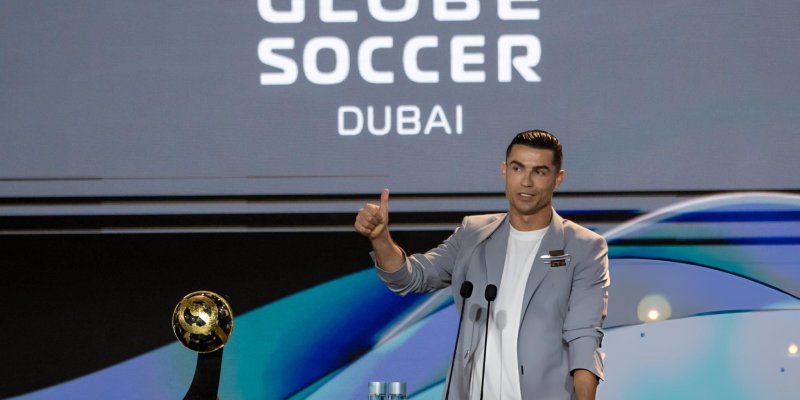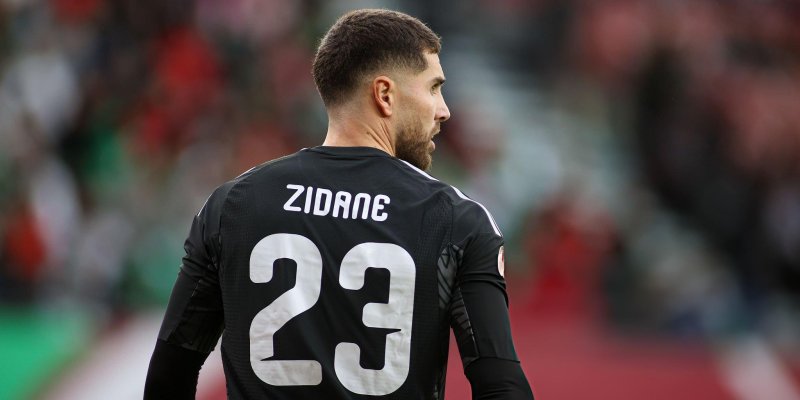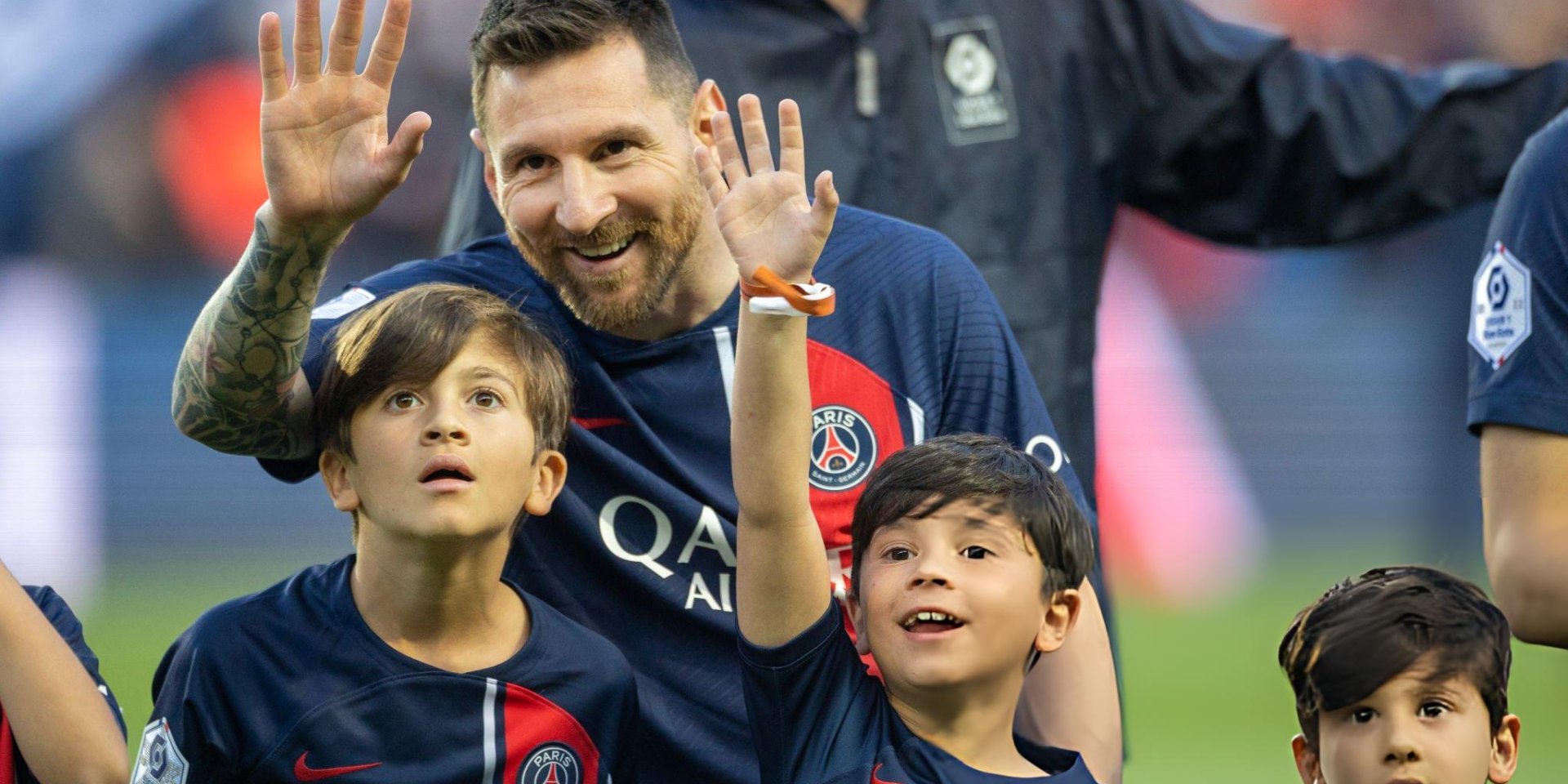
Lionel Messi left Barcelona in the summer of 2021 as a free agent and spent two seasons with Paris Saint-Germain. Today, the Inter Miami forward admits: Paris gave his family vivid memories, but for him personally it was a period without the usual joy of the game. In this candid interview Leo explains why there was no "nightmare", what kept him from enjoying football, and how in Miami he managed to restore balance between his profession and his life.
Not a Drama, Just the Absence of Ease
— In Catalonia you often said you were happy. In Paris, your emotions seemed different. What was really happening?
— The word "nightmare" doesn't fit. I never felt that way. But there wasn't full enjoyment of football either. It's about an inner state: the training process, matches, the daily routine — everything came without the former ease. I knew I was doing what I love, and still I didn't feel truly well.
Paris Worked for the Family
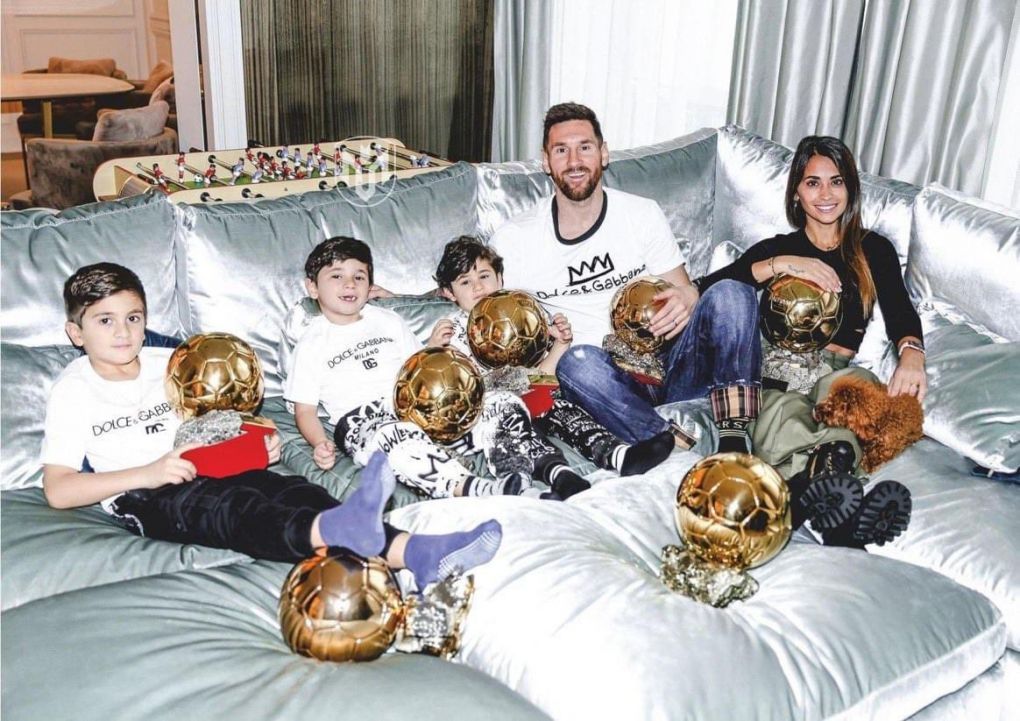
— Yet your family seems to have taken the move positively.
— Exactly. As a family we had a great experience. The city is incredible, and we enjoyed it. It was our first time leaving Barcelona; everything around us was new: the language, the pace of a big city, the rhythm of school. Such a reset is never simple, but we're grateful to Paris for that stage.
Football Requires Emotional Synchronization
— What exactly kept you from enjoying the game on the pitch?
— In top-level football it's important that emotions align with the craft. Even when you're physically ready, you need that inner energy — the spark that makes you look forward to every training session and step onto a match with a smile. In Paris that spark was missing. This isn't about coaches or teammates — it's about my personal sensitivity to the environment and the rhythm.
Miami Brought the Joy of Playing Back
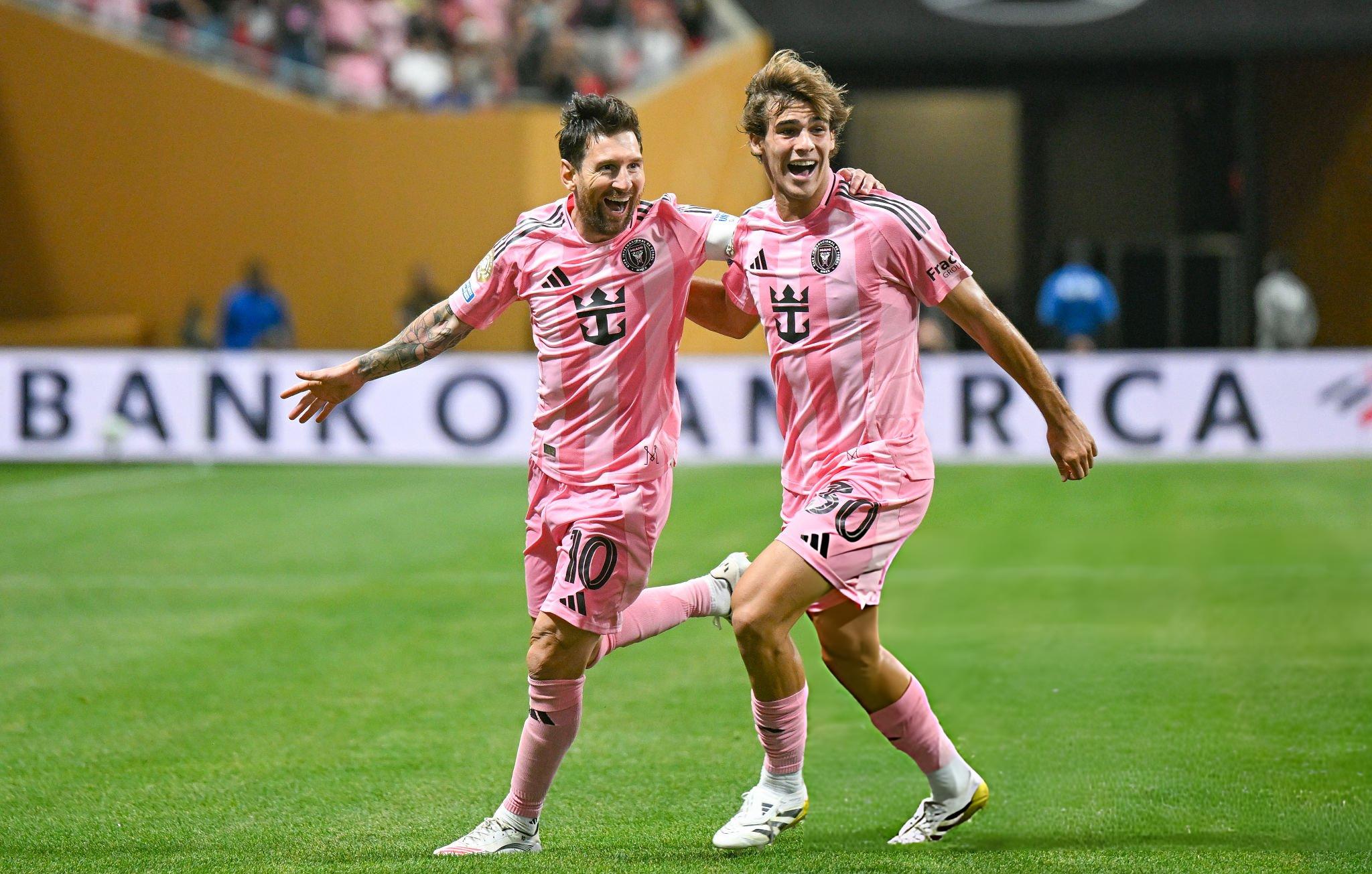
— Did the move to Inter Miami change that feeling?
— Yes. In Miami I once again felt pleasure in the everyday: the ride to the training center, work with the ball, interaction with the team. Life moves at a different pace here, and it suits me. When you feel calm inside, football becomes a joy again, not just today's task.
Everyday Life Like in Castelldefels
— You compared your current routine to life in Castelldefels. Where's the similarity?
— In convenience. The club is nearby, the kids' school is close as well; everything is within walking distance. There's a sense of compactness and a clear schedule. That helps the family, and therefore me: when there's order at home, it's easier on the pitch to focus on details — the tempo of the first touch, getting open properly, the first pass between the lines.
We Keep Our Distance — and Beat the Traffic
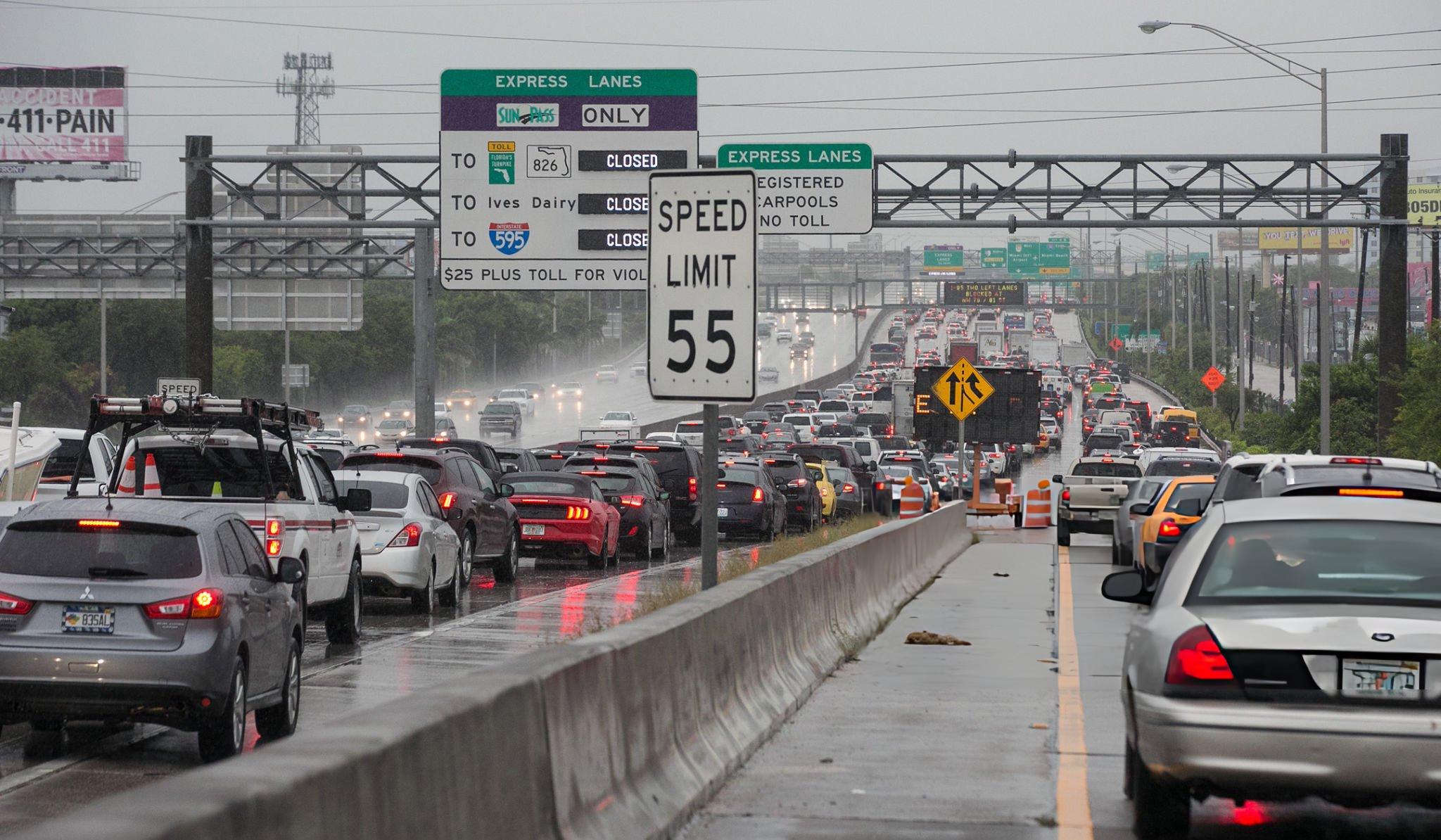
— Miami is a city with challenging traffic. How do you handle it?
— We don't live right in the center, and that's the right choice. Traffic here is really serious, so we try to plan routes and schedules in a way that doesn't waste time on the road. The less chaos, the more energy remains for recovery and work.
The Paris Lesson: Comfort Is Part of the Result
— Looking back, what did the seasons at PSG teach you?
— Professionalism isn't only about physical shape and tactics. Context, everyday life, the microclimate — that inner comfort — matters too. Paris taught me and my family a lot; we're grateful for that experience. But it was hard for me personally to enjoy every day. In Miami several factors aligned at once — and because of that, football brings joy again.
The Main Rule — Play Where There Is Peace Inside
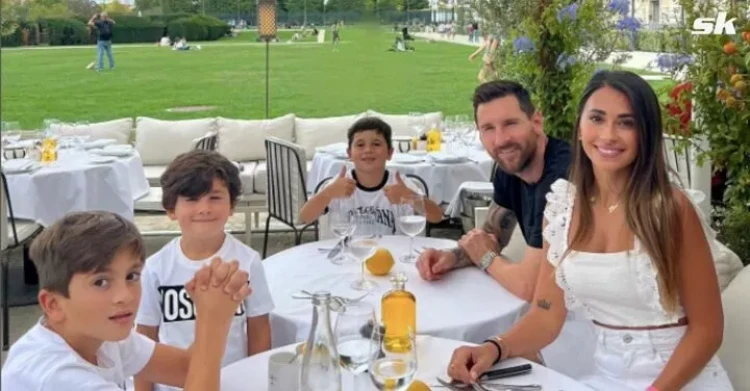
— What would you say to yourself two years ago?
— Look for a place where your family, life rhythm, and the desire to step onto the pitch with a smile all align. Paris isn't a negative experience or a "black mark". It's an important stretch of the journey that showed how much emotional synchronization matters. Today we have a home where everything comes together. And when you're calm inside, the game once again becomes exactly what made you pick up a ball in the first place.

